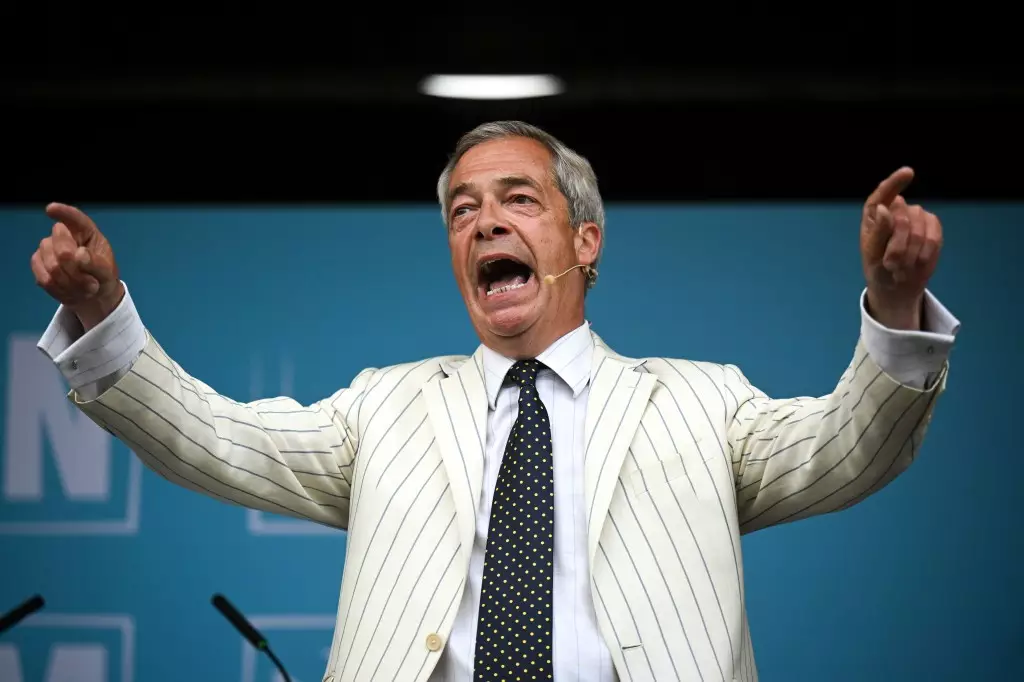Nigel Farage, the leader of Reform UK, has been embroiled in controversy over his recent comments regarding national broadcasters. He has lashed out at both the BBC and Channel 4, accusing them of bias and unfair treatment towards his party. Farage has stated that he will boycott the BBC due to what he perceives as an audience bias on Question Time. In addition, he has accused Channel 4 of hiring an actor to make inflammatory remarks during a news investigation. These actions have led to a tense relationship between Farage and the media, with the Reform UK leader calling for the abolition of the TV licence fee in response to what he sees as unfair treatment.
Boycott of the BBC
Farage’s decision to boycott the BBC stems from his belief that the broadcaster has been acting as a political actor throughout the election campaign. He has cited instances of what he considers biased audience members who have made derogatory remarks towards him and his party. Farage has refused to appear on the BBC’s shows until he receives an apology from the broadcaster for their alleged misconduct. However, the BBC has denied these accusations, stating that their audiences are impartial and representative of a diverse range of political views. The longstanding issue of audience bias on Question Time has been a point of contention for Farage and other politicians in the past.
Channel 4 Fallout
Farage’s feud with Channel 4 has escalated due to a controversial news investigation that aired recently. He has accused the broadcaster of paying an actor to pose as a Reform campaigner and make offensive statements. The individual in question, Andrew Parker, used derogatory language towards Prime Minister Rishi Sunak, made insensitive remarks about Islam, and suggested violent actions against asylum seekers. Essex Police is currently investigating the matter to determine if any criminal offenses were committed. Despite criticism from Sunak and others, Farage and Reform UK have continued to denounce Channel 4’s actions and have reported the broadcaster to the electoral commission for what they describe as “scandalous election interference.” Channel 4 has defended its journalistic integrity, stating that they stand by the accuracy and impartiality of their reporting.
As the UK gears up for the upcoming election, the controversies surrounding Nigel Farage and Reform UK have brought the issue of media bias and ethics to the forefront. Farage’s clashes with both the BBC and Channel 4 have raised questions about the role of national broadcasters in shaping public perception and influencing political discourse. Whether Farage’s accusations have merit or are simply a tactic to deflect criticism remains to be seen. The outcome of the election will ultimately determine the impact of these controversies on the political landscape of the UK.

